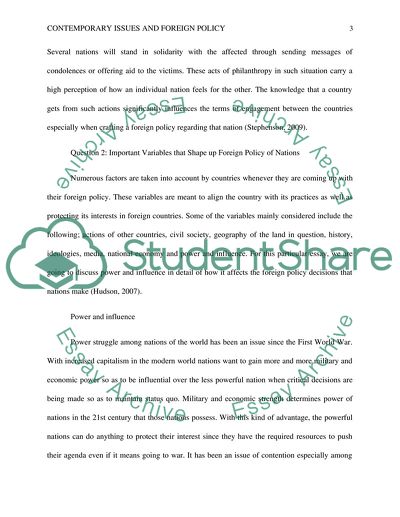Cite this document
(“The Role of Image in the Formation of Foreign Policy Essay”, n.d.)
Retrieved from https://studentshare.org/social-science/1678228-module-name-contemporary-issues-and-foreign-policy
Retrieved from https://studentshare.org/social-science/1678228-module-name-contemporary-issues-and-foreign-policy
(The Role of Image in the Formation of Foreign Policy Essay)
https://studentshare.org/social-science/1678228-module-name-contemporary-issues-and-foreign-policy.
https://studentshare.org/social-science/1678228-module-name-contemporary-issues-and-foreign-policy.
“The Role of Image in the Formation of Foreign Policy Essay”, n.d. https://studentshare.org/social-science/1678228-module-name-contemporary-issues-and-foreign-policy.


